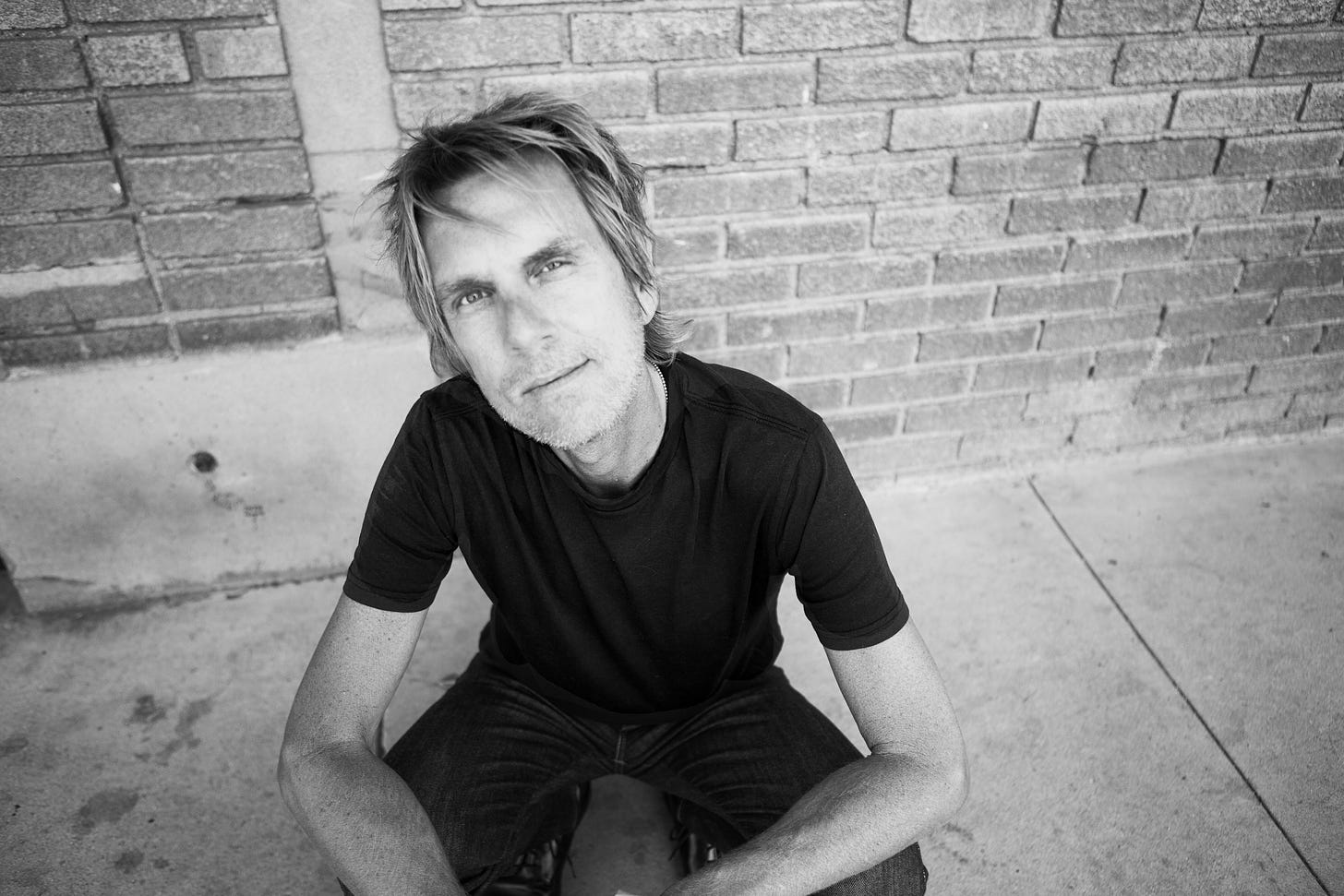What got you into music, and if you had not gotten into music what would you be doing today?
My mother had a voice like a bell. Among many contributions she made to the world, she was a music teacher who became a lifelong advocate for the arts.
Growing up, twice a week she’d shepherd me downtown to rehearse with a boys choir that sang spirituals and clas…
Keep reading with a 7-day free trial
Subscribe to Volatile Weekly to keep reading this post and get 7 days of free access to the full post archives.




